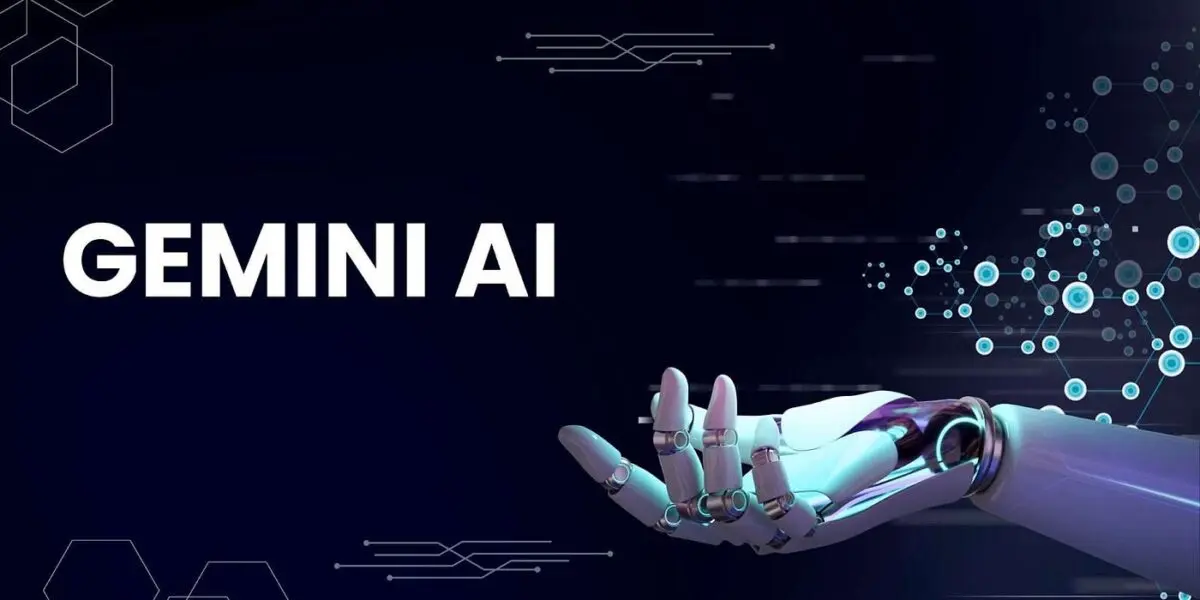Google has sent shockwaves through the AI landscape with the release of its latest language model, Gemini. In a series of rigorous benchmarks, Gemini Pro, the readily available version, has outperformed OpenAI’s popular ChatGPT in a staggering 30 out of 32 categories. This feat marks a significant milestone in the evolution of large language models (LLMs), pushing the boundaries of what AI can achieve and signaling a potential shift in the competitive landscape.
Key Highlights:
- Google’s Gemini AI surpasses ChatGPT in 30 of 32 standard benchmarks, marking a significant leap in language model capabilities.
- The Pro model, now available, boasts strong performance in text, image, audio, and code processing, highlighting its multimodality.
- Gemini Ultra, the flagship version, achieves unprecedented 90% accuracy on MMLU, exceeding human experts in diverse knowledge and problem-solving.
- Industry experts anticipate a paradigm shift in AI applications, with Gemini paving the way for more advanced and nuanced tasks.

Gemini’s prowess extends beyond mere text-based tasks. This multimodal AI seamlessly navigates diverse data formats, including images, audio, and even code. This versatility positions Gemini for groundbreaking applications in fields like creative design, multimedia analysis, and intelligent code generation.
The true crown jewel of the Gemini family, however, is the Ultra model. In a remarkable display of intelligence, Gemini Ultra has achieved a 90% accuracy on the Massive Multitask Language Understanding (MMLU) benchmark. This challenging test assesses not only factual knowledge across 57 domains but also the ability to apply that knowledge to solve problems. By surpassing human expert performance on MMLU, Gemini Ultra demonstrates a capability unprecedented in the realm of AI.
This breakthrough has sparked excitement among AI researchers and industry leaders. “Gemini represents a paradigm shift in the potential of LLMs,” says Dr. Anya Chen, a leading AI researcher at Stanford University. “Its multimodality and advanced reasoning abilities open doors to a whole new generation of applications that were previously unimaginable.”
Experts anticipate significant ramifications across various sectors:
- Healthcare: Gemini could analyze medical images and patient data to assist doctors in diagnosis and treatment planning.
- Education: Personalized learning systems powered by Gemini could adapt to individual student needs and provide interactive, immersive learning experiences.
- Business: Businesses could leverage Gemini for market analysis, customer service automation, and even product development.
Despite its impressive performance, Gemini remains under development. Google emphasizes responsible AI development and plans to address potential biases and safety concerns before widespread deployment. The company has also highlighted its commitment to making Gemini accessible through its Vertex AI platform and AI Studio, allowing developers and researchers to explore its capabilities firsthand.
The competition in the LLM space is undoubtedly heating up, with OpenAI expected to respond with advancements of its own. However, Google’s Gemini has undeniably taken the lead, showcasing the immense potential of LLMs to reshape our world. As further developments unfold, one thing is certain: the future of AI is brimming with possibilities, and Gemini stands poised to be a driving force in this exhilarating journey.






